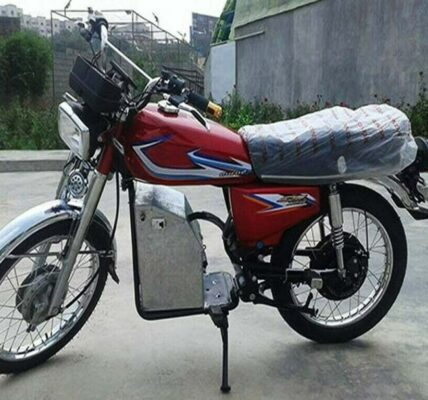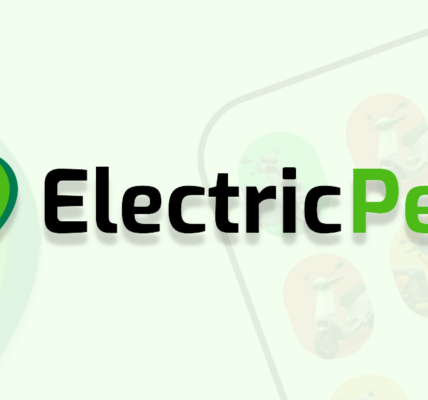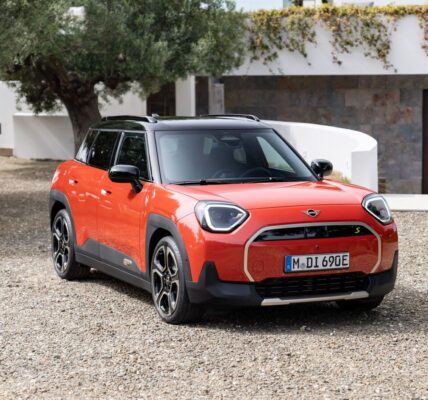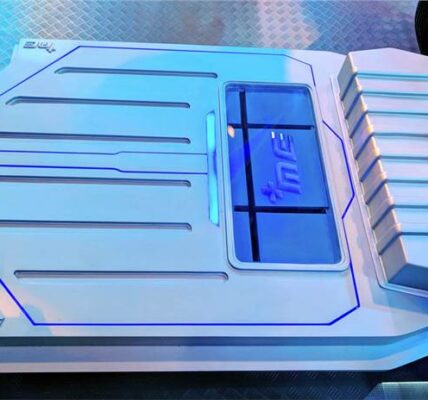Government Finalises Draft For Hydrogen-Powered Cars; Industry Moves One Step Closer To Fuel-Cell Vehicles
The automotive industry moved a step closer to the commercial launch of hydrogen-powered vehicles in India with the government-instituted automotive industry standards committee (AISC) submitting a final draft on its regulations.
This is the second time the government is considering a new type of fuel. Similar guidelines for electric vehicles were finalised earlier.
In India, currently no company sells hydrogen-powered vehicles. Want of the fuel is the simple reason.
Korean brand and the country’s second-largest car company Hyundai plan to launch Nexo, a sports utility vehicle (SUV), powered by hydrogen, in India, next year.
The SUV is already on sale in Korea for 63,900,000 Korean Won (Rs 43.4 lakh), which puts it on par with some of the luxury models from Mercedes-Benz, BMW and Audi.
Hydrogen can be a practical option for long-distance vehicles, thanks to its lesser weight and high energy. The Hyundai Nexo, for instance, could have a drive range of 1,000km, which is twice compared to a diesel car of the same category. The refuelling time for hydrogen is also lesser, compared to electric vehicles.
The SUV is already on sale in Korea for 63,900,000 Korean Won (Rs 43.4 lakh), which puts it on par with some of the luxury models from Mercedes-Benz, BMW and Audi.
Hydrogen can be a practical option for long-distance vehicles, thanks to its lesser weight and high energy. The Hyundai Nexo, for instance, could have a drive range of 1,000km, which is twice compared to a diesel car of the same category. The refuelling time for hydrogen is also lesser, compared to electric vehicles.
Hydrogen-powered vehicles have higher drive range, besides a 50 percent reduction in fuel consumption compared to conventional fuels.
Hyundai has even contemplated entering the commercial vehicle (truck and bus) segment if the Indian government makes the fuel widely available, a senior executive of the company said in an interview.
Japanese car giant Toyota has shown interest in fuel-cell cars but is now focussed on affordable electric and hybrid technologies while Indian heavyweight Tata Motors had showcased a fuel-cell-powered bus in 2018.
Fuel-cell cars are considered the cleanest in the world as the only by-product is water.
Diesel vehicles are fast falling out of favour with buyers and its share in the passenger vehicle segment fell below 15 percent in the last financial year. The fuel, however, is still very popular in the medium and heavy truck and bus segment where the only alternative is liquefied natural gas (LNG).
Countries like the US, Germany, Japan, South Korea, and China are already running hydrogen-fuelled cars and buses.







